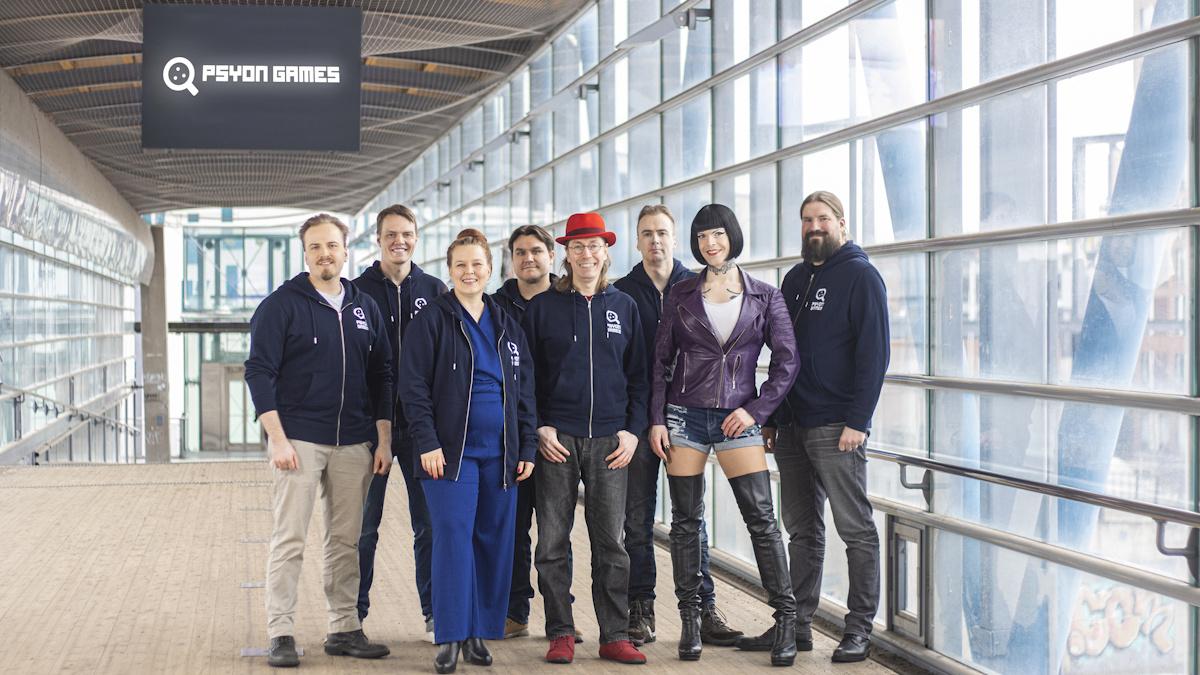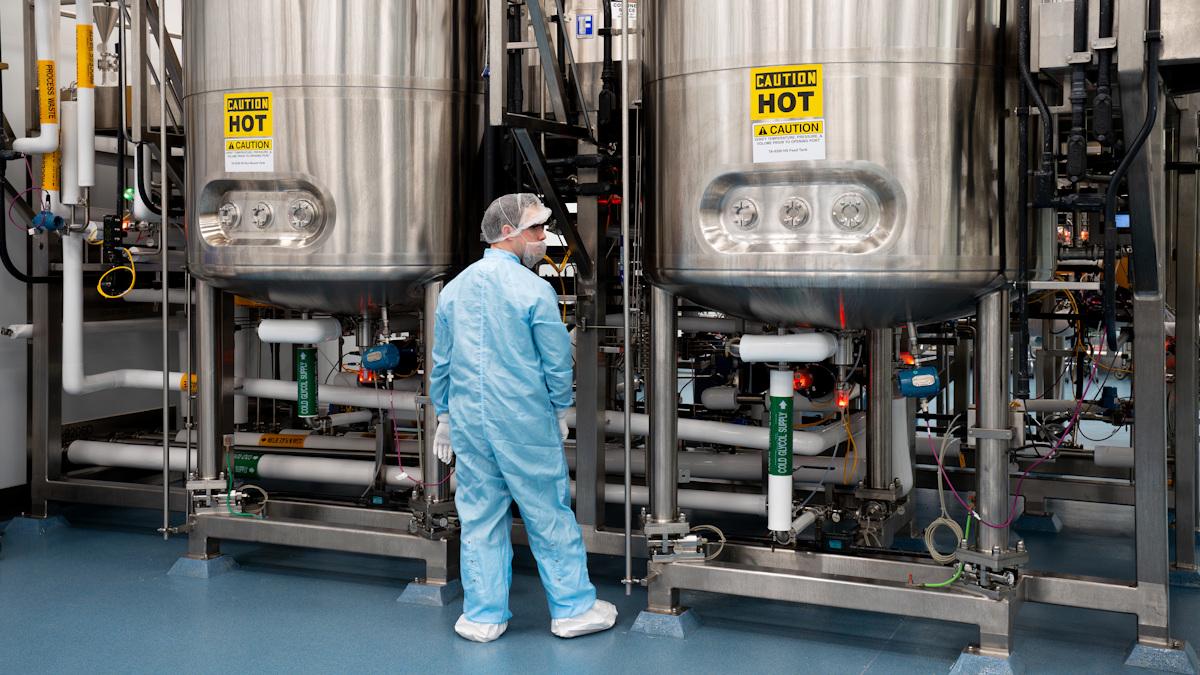Gates-backed game aims to raise HPV awareness in Africa

Backed by funding from the Gates Foundation, software company Psyon is running a pilot study of a game that aims to raise awareness of the dangers of HPV infection in low- and middle-income countries (LMICs) and the benefits of vaccination.
The feasibility study will look at how well a mobile game can perform in educating about the risks associated with HPV infection, such as cervical cancer, and enhance the reach and impact of HPV vaccination campaigns, with a primary focus on sub-Saharan Africa.
Cervical cancer is the fourth leading cause of cancer deaths among women worldwide, with 90% of fatalities occurring in LMICs, but is largely preventable with vaccination. Sub-Saharan Africa has the highest prevalence of cervical HPV among women globally.
Helsinki, Finland-based Psyon – which specialises in health-related games – is working on a game that blends entertainment with education and will be available in multiple languages to ensure widespread accessibility across the continent.
Psyon was thrust into the spotlight a few years ago with the development of Antidote COVID-19, which became the only COVID-19-themed game approved by WHO, Apple, and Google during the pandemic. It has also worked with pharma company Takeda on FULL ADHD, a game that is designed to raise awareness of attention-deficit hyperactivity disorder in adults.
"This collaboration combines global health expertise with innovative game design to tackle HPV vaccination barriers," said Psyon's founder and chief executive, Olli Rundgren.
"By merging behavioural science with interactive design, we plan to create a tool that amplifies HPV vaccination awareness in ways traditional campaigns cannot," he added. "Our mission is to create the most impactful vaccine awareness tool ever, increasing campaign effectiveness by 10–30 times compared to traditional methods."
The company believes that the massive reach of games, which are played by billions of people around the world, and often in a habitual manner that allows messages to build over time, means they can reach a much wider audience than traditional information campaigns.
Currently, there are six licensed HPV vaccines approved for use by the World Health Organization (WHO), all of which are highly effective against HPV strains 16 and 18, which are responsible for approximately 70% of cervical cancer cases globally. Some, such as MSD's Gardasil, can also prevent anogenital warts.
The feasibility study is expected to be completed in the middle of this year, after which Psyon intends to seek additional funding for the development and deployment of the full-scale HPV awareness game, in consultation with public health organisations, NGOs, governments, educators, community leaders, parents, healthcare providers, and those who would be in line for immunisation.












